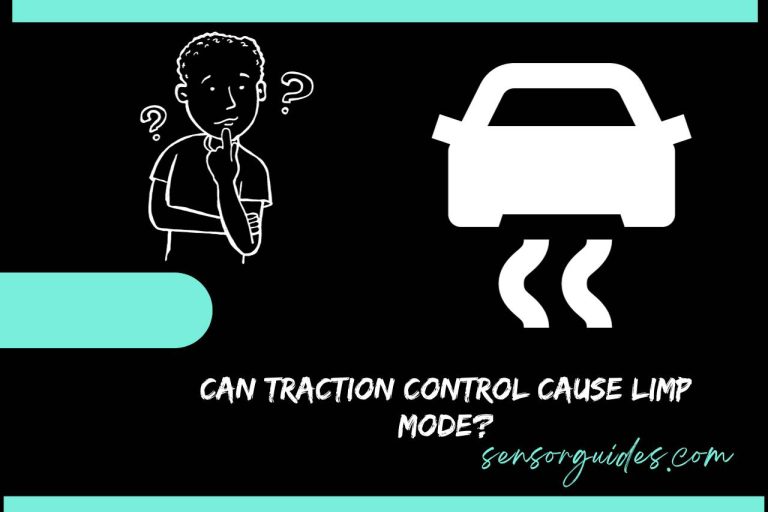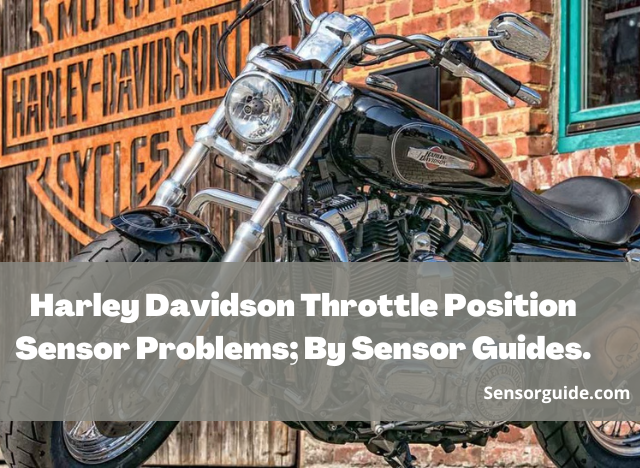Does the Wheel Speed Sensor Affect ABS? Symptoms to Look For!
“Does wheel speed sensor affect ABS?” is a question crucial for understanding your vehicle’s braking system. The wheel speed sensor is integral to the Anti-lock Braking System (ABS), and it is responsible for safe and efficient braking. In this informative guide, we will be discussing the impacts of a failing wheel speed sensor on ABS, unraveling symptoms of sensor failure, causes of malfunction, and effective solutions. By equipping you with essential knowledge about this key component, we hope to enhance your vehicle’s safety and your confidence as a driver. So, move on to learn the critical interplay between wheel speed sensors and ABS.
Does the Wheel Speed Sensor Affect ABS?
Yes, the wheel speed sensor affects the Anti-lock Braking System (ABS) in a vehicle.
The ABS is designed to prevent the wheels from locking up during braking, thereby maintaining tractive contact with the road surface. Thus, you can maintain more control over the vehicle with the help of this system.
Here is a detailed breakdown of the way that the speed sensor affects the ABS.
- Monitoring Wheel Speed: Each wheel typically has a speed sensor attached to it. These sensors constantly monitor the rotational speed of each wheel.
- Data Transmission to ABS Control Module: The sensors relay this speed data to the ABS control module. The ABS system uses this information in order to function correctly.
- Detection of Wheel Lock: During braking, the ABS control module uses the data from the wheel speed sensors to detect if any wheel is about to lock up (i.e., stop rotating while the car is still moving).
- Modulating Braking Pressure: If the ABS control module detects that a wheel is about to lock, it modulates the braking pressure on that wheel. This modulation is often achieved by rapidly engaging and disengaging the brake to that wheel, preventing it from locking up.
- Maintaining Vehicle Control: By preventing wheel lock-up, the ABS allows the driver to maintain steering control in emergency situations, which can be crucial in avoiding accidents.
What Happens When the Wheel Speed Sensor Fails?
When a wheel speed sensor fails, the most immediate impact is on the vehicle’s Anti-lock Braking System (ABS) and traction control system.
Consequently, there will be potential safety hazards, so addressing this issue promptly is vital.
Here, we have listed each and every outcome you can expect with a faulty wheel speed sensor.
- ABS Malfunction: The primary role of the wheel speed sensor is to provide data to the ABS. Therefore, when it fails, the ABS can’t accurately determine wheel speed, which may result in the system being unable to prevent wheel lock-up when you are braking.
- Traction Control Issues: Many modern vehicles use wheel speed sensor data for traction control. A failure can compromise this system, leading to reduced vehicle stability, especially in slippery conditions.
- Illumination of Warning Lights: Typically, a failed sensor triggers the ABS warning light on the dashboard. Some vehicles may also show the check engine or traction control light.
- Inaccurate Speedometer Readings: In some vehicle models, the wheel speed sensor also feeds data to the speedometer. Hence, when the sensor malfunctions, it can result in inaccurate speed readings and affect driving decisions.
- Increased Braking Distance: Without the proper functioning of ABS, you might experience longer braking distances, especially on wet or icy roads.
- Potential for Skidding or Loss of Control: During abrupt braking situations, the absence of functioning ABS increases the risk of skidding or losing control, particularly in adverse weather conditions.
Accordingly, a faulty wheel speed sensor can cause safety hazards, too. Thus, early detection and diagnosis are always advisable.

Should ABS Light Still Be on After Replacing Wheel Speed Sensor?
No, the ABS light should be off after replacing the wheel speed sensor. However, there are cases where the light might remain illuminated.
- Residual Error Codes: Sometimes, the vehicle’s computer system retains error codes even after the issue is resolved. These codes might need to be manually cleared using a diagnostic tool.
- Other Underlying Issues: If the ABS light remains on, it could indicate additional problems within the ABS system, such as issues with other sensors, wiring faults, or problems with the ABS module itself.
- Improper Installation: Ensure that the new sensor is correctly installed and that all connections are secure. If not, the ABS light can stay on.
- System Calibration: Some vehicles may require a calibration process after replacing a sensor. In such cases, you have to check the vehicle’s manual or consult a professional for guidance.
Ignoring the ABS light can lead to compromised safety, especially in emergency braking situations. Regular maintenance and prompt attention to warning lights are key to ensuring the reliability and safety of your vehicle’s braking system.






